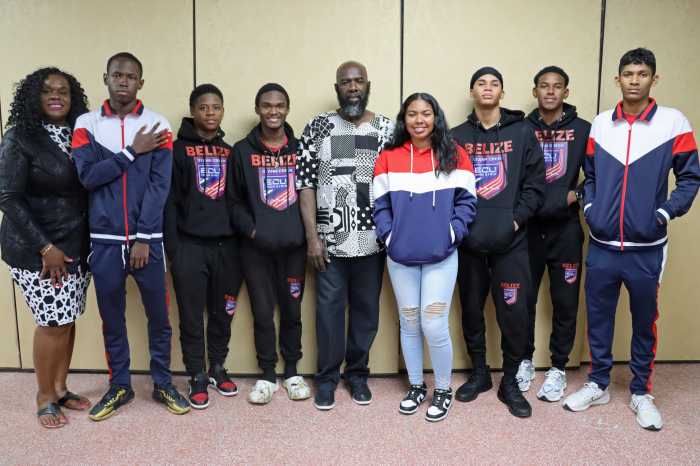It’s been barely a week now since Suriname’s opposition-dominated parliament approved a controversial motion to grant amnesty to former soldiers and their civilian counterparts for a series of fatal missteps during military rule in the 1980s that resulted in the deaths of hundreds of people in the Caribbean trade bloc nation.
Brought by seven pro-government legislators as an unprecedented mass murder trial of current President Desi Bouterse and several of his close aides was nearing an end after nearly a decade, the motion sought to pardon those responsible for the 1980 coup that toppled the elected administration, the December 1982 executions of 15 government opponents, the massacre of more than 50 women, children and elderly men at a southeastern Maroon village near French Guiana, the murders of 19 soldiers and catered to the hundreds who died during the 1986-92 so-called ‘bush war’.
Less than a dozen opposition parliamentarians voted for the bill, while the majority of those on the government side voted in favor. Vice-President Robert Ameralli signed the amnesty and authorities moved very quickly to gazette it, bringing it into law.
There are differences of opinion as to whether the amnesty will stop the trial. Bouterse’s lawyer, Irwin Kanhai says it won’t and that he is preparing for closing arguments in the landmark case that involved a sitting head of a Caribbean government and state being on trial for murder while running the country.
Parliament spent 12 heated hours debating the bill Bouterse flew to neighboring Guyana for the commissioning of a Suriname Airways new flight connection from his native Suriname to Guyana to Miami, Florida and remained holed up at the Pegasus Hotel until it was all over, sealed and delivered by supportive colleagues.
And once it was all done, he urged his countrymen to regard the amnesty as “a new start” for the Dutch-speaking republic suggesting that citizens should grab it with both hands.
“This is a new beginning, “ he said after resting lunching at his hotel. “This amnesty is intended to heal the whole nation, not just one part of it,” the Surinamese head of state said, speaking through an interpreter as he prepared to leave Guyana.
He denied that his government had any direct involvement in prodding a small group of pro-administration legislators to bring the issue to the floor of the assembly saying it nevertheless represented a chance to revise a 1989 amnesty to make it more comprehensive and to cover all atrocities and wrongdoings during the period of military rule.
He said the amnesty will also cater for the murders of 19 soldiers by anti-government, anti-military rebels in the southeastern regions near French Guiana in the 1980s, saying his critics have “conveniently forgotten to include that fact” in all the years they have fought to charge him, former civilian and military colleagues for the December 1982 murders.
He said that the pardon will not affect the outcome of the ongoing trial of which he and more than 20 others are charged with executing the 15 civilians at a colonial era fort just next to his downtown office.
Blaming the opposition New Front “and other interest groups” for not doing enough to bring an end to the situation after 30 years, he said they had allowed the unfortunate circumstances from the period to fester without solution. Western nations including the US condemned the amnesty, while the country’s former colonized, The Netherlands, recalled its ambassador.
He openly accused authorities of “paying a bribe to a witness who is also a suspect in the murders” to place him at the scene of the murders. “Why now after 30 years, why now after the trial has basically been going on for 10 years? In other jurisdictions he would have been charged for perjury and other offenses,” he said,
He admitted that the murders had “left an open wound on Surinamese society” but argued that the time has come to put an end to all this and “to offer a chance for the nation to heal, for everybody to heal,” a rested-looking Bouterse said.

























